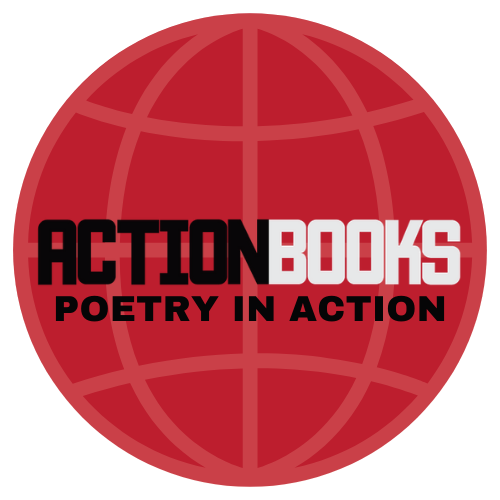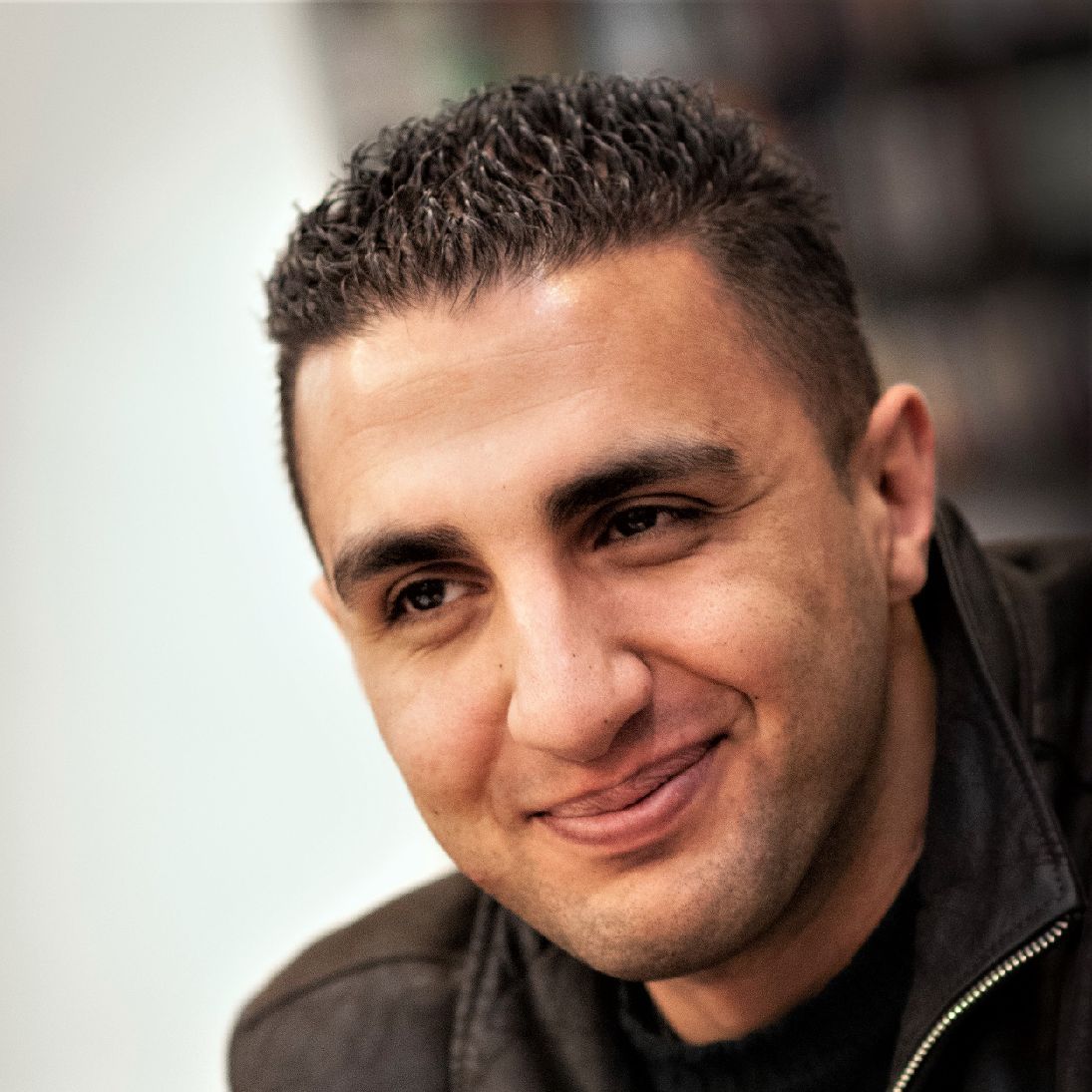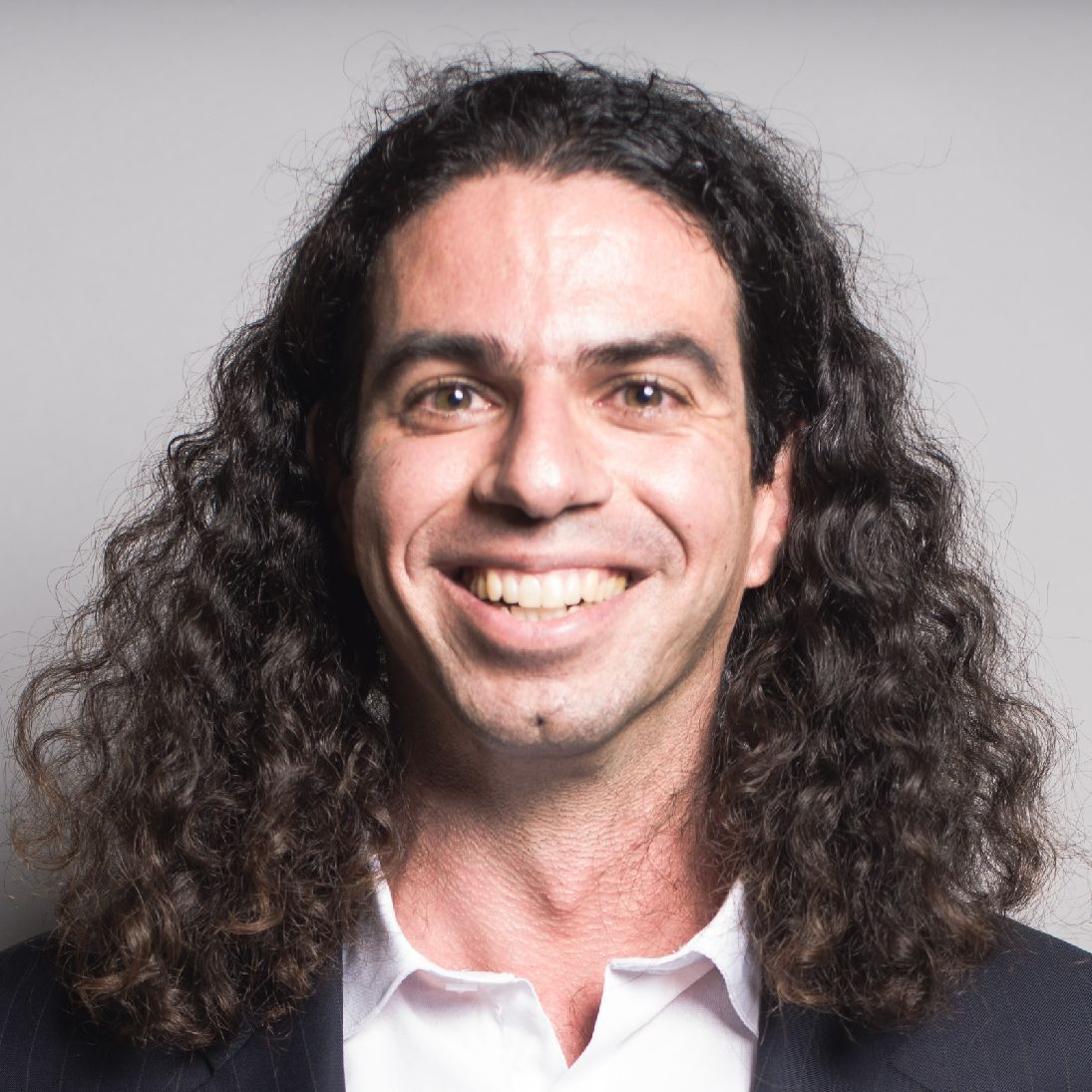
poetry in action features work by poets from around the world, translated into English.
It has three rallying cries:
Poets of the world, unite and take over!
Resist the oppressive constraints of good, publishable poetry established by mainstream literary venues!
Only poetry in translation, all the time!
Coming at you on the 20th of each month.
Sleeping in Gaza (December, 2008)[1]
Fado, I’ll sleep like people do
when shells are falling
and the sky is torn like living flesh
I’ll dream, then, like people do
when shells are falling:
I’ll dream of betrayals
I’ll wake at noon and ask the radio
the questions people ask of it:
Is the shelling over?
How many were killed?
But my tragedy, Fado,
is that there are two types of people:
those who cast their suffering and sins
into the streets so they can sleep
and those who collect the people’s suffering and sins
mold them into crosses, and parade them
through the streets of Babylon and Gaza and Beirut
all the while crying
Are there any more to come?
Are there any more to come?
Two years ago I walked through the streets
of Dahieh, in southern Beirut
and dragged a cross
as large as the wrecked buildings
But who today will lift a cross
from the back of a weary man in Jerusalem?
The earth is three nails
and mercy a hammer:
Strike, Lord
Strike with the planes
Are there any more to come?
A Stone in the Wind
I said, They don’t know my people.
They don’t know Umar or Saladin.
They don’t know the women selling grapes and flowing
from the countryside around Jerusalem.
They don’t know the neighborhood boys who walked
serenely into martyrdom
as if spending an evening with friends.
They don’t know the beauty of the women’s eyes
behind the kaffiyehs
or the slingshots in those perfumed hands.
They don’t know how we broke the stone of love
and threw its pieces to the wind.
They don’t know.
They just don’t know.
At a Poetry Festival
In front of each poet was the name of their country,
but in front of me
there was only “Jerusalem.”
How ghastly your name is, my little country,
your name is all I have left,
I sleep in it
and wake with it.
Your name’s like a ship with no hope of arriving,
no hope of returning….
It never arrives, and it never returns.
It never arrives, and it never goes under.
[Untitled]
He said to me:
I don’t want to die in an occupied country,
or have my name appear
in occupied newspapers,
or have the bell of an occupied church
ring for me,
or have mourners pray over me
in an occupied mosque—
if I’m lucky, that is, and the occupiers
do not steal my body.
[1] This poem was first published in Nothing More to Lose (NYRB Poets, 2014), and is reprinted with the permission of the publisher.

Najwan Darwish (b. 1978) is one of the foremost contemporary Arab poets. Since the publication of his first collection in 2000, his poetry has been hailed across the Arab world and beyond as a singular expression of the Palestinian struggle. He has published eight books in Arabic, and his work has been translated into more than twenty languages. NYRB Poets published Darwish’s Nothing More to Lose, translated by Kareem James Abu-Zeid, in 2014, which was picked as one of the best books of the year by NPR and nominated for several awards. His second major collection in English, Exhausted on the Cross, was published by NYRB Poets in 2021, with a Foreword by Raúl Zurita, and was awarded the Sarah Maguire Prize. Darwish lives between Haifa and his birthplace, Jerusalem.

Kareem James Abu-Zeid, PhD, is an Egyptian-American translator of poets and novelists from across the Arab world who translates from Arabic, French, and German. He has received the Sarah Maguire Prize for poetry in translation, an NEA translation grant, PEN Center USA’s translation prize, Poetry Magazine’s translation prize, a Fulbright research fellowship, and residencies from the Lannan Foundation and the Banff International Center for the Arts, among other honors. His book-length translations include work by Najwan Darwish (Palestine), Adonis (Syria), Dunya Mikhail (Iraq), and Rabee Jaber (Lebanon). He is also the author of the book The Poetics of Adonis and Yves Bonnefoy: Poetry as Spiritual Practice. The online hub for his work is www.kareemjamesabuzeid.com